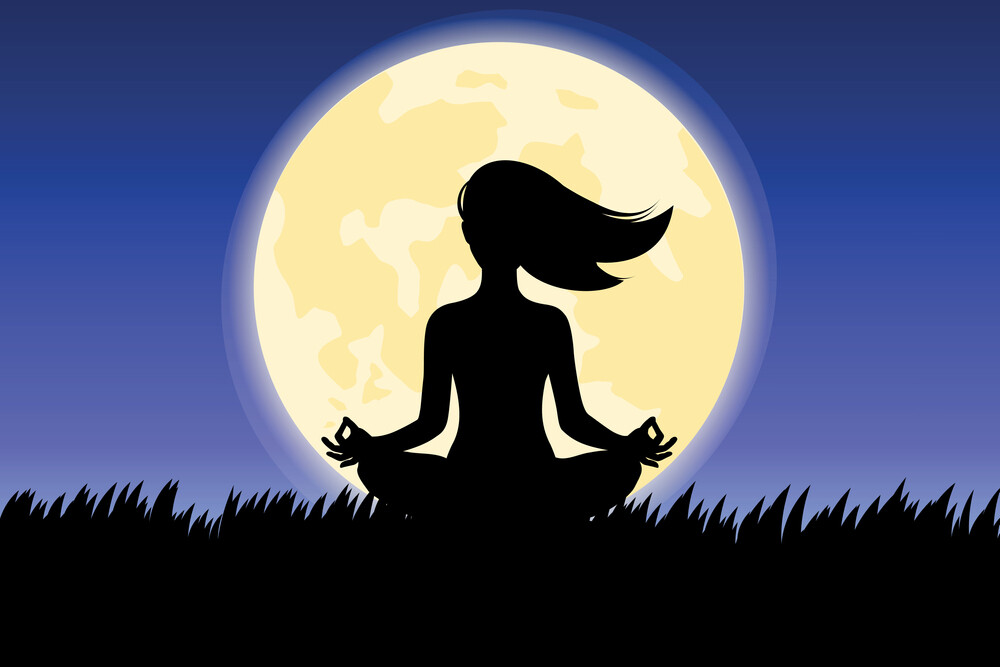The idea that a full moon increases birth rates is a well-known myth that has been debunked by research. However, many people still believe the full moon influences the human body in various ways. In this blog post, we’ll explore four supposed effects that the full moon might have, based on cultural beliefs and some studies. Keep in mind that many of these ideas lack solid scientific proof and are often rooted in tradition or anecdotal experiences rather than established facts. Let’s dive in and see what people say about the full moon’s impact!
A full moon occurs roughly every 29 days, and for some, it’s more than just a beautiful sight in the sky—it’s a time when they feel a noticeable shift in their daily lives. Here are four influences often attributed to the full moon:
1. Full Moon Slows Down the Body
Some people believe that the full moon has a calming effect, encouraging the body to conserve energy and recharge. According to this idea, you might feel less energetic or more inclined to rest rather than push yourself physically during this time. It’s thought to be a natural pause for regeneration.
- Note: This is a cultural belief, not a scientifically proven fact. How you feel during a full moon could simply be personal perception rather than a universal truth.
2. Influence on Sleep
Have you ever noticed your sleep feeling off during a full moon? A study from Switzerland suggests there might be something to this. Researchers found that participants experienced 30% less deep sleep during a full moon compared to other lunar phases. Their total sleep time dropped by about 20 minutes, and they reported feeling less rested. The study also noted lower levels of melatonin, the hormone that helps you sleep, during this time.
- Important: This study, conducted at the University of Basel in 2013, is interesting but not definitive. More research is needed to confirm these effects, so take it as an observation rather than a proven rule.
3. Sweets Take Revenge Twice
There’s a belief tied to the lunar diet theory that the body might store fat more efficiently during a full moon. According to this idea, eating heavy or sugary foods at this time could lead to quicker weight gain, so lighter meals are recommended instead. Some also suggest fasting during the waning moon rather than when it’s waxing.
- Clarification: This lunar diet concept is a cultural tradition, not backed by science. A healthy diet matters more than the moon’s phases, so focus on balance rather than lunar timing.
4. Do Not Use Additives
Certain beliefs hold that substances like medications, caffeine, tobacco, alcohol, or artificial additives hit harder during a full moon. The theory is that their effects are amplified, so it’s better to avoid them during this phase.
- Note: This is a superstitious idea without scientific evidence. It’s always better to avoid using such substances altogether, regardless of the moon, and follow medical advice.
Conclusion
The full moon has fascinated people for centuries, inspiring all sorts of stories and beliefs about its effects on our bodies. While a study here or there—like the one on sleep—hints at possible influences, most of these ideas remain unproven or tied to cultural traditions. In Islam, we’re encouraged to rely on knowledge and evidence rather than superstitions, so it’s best to approach these claims with curiosity but also caution. Next time there’s a full moon, observe how you feel—but don’t let it dictate your life!
Disclaimer: This post is for entertainment and informational purposes only. It’s not medical advice. Consult a healthcare professional before making changes to your diet, sleep, or use of medications.

